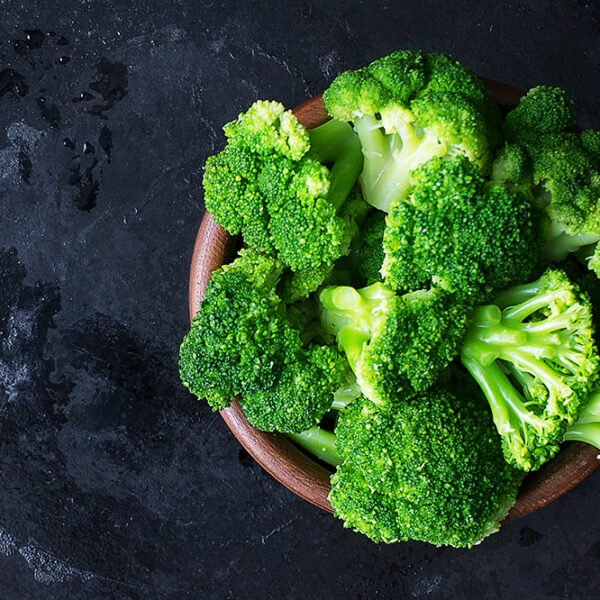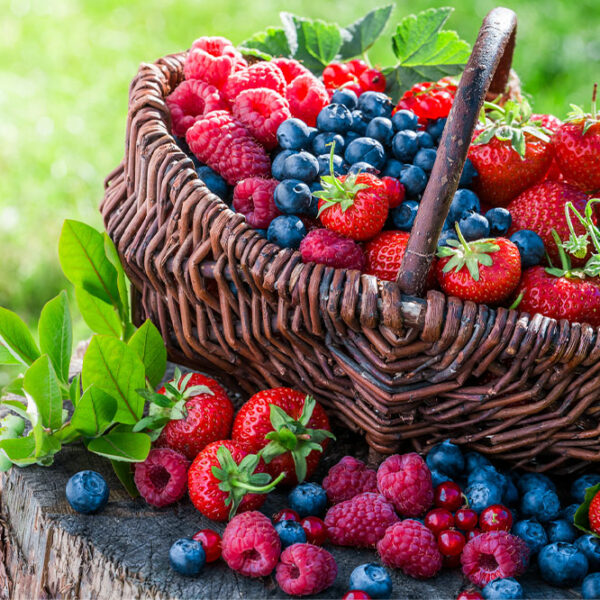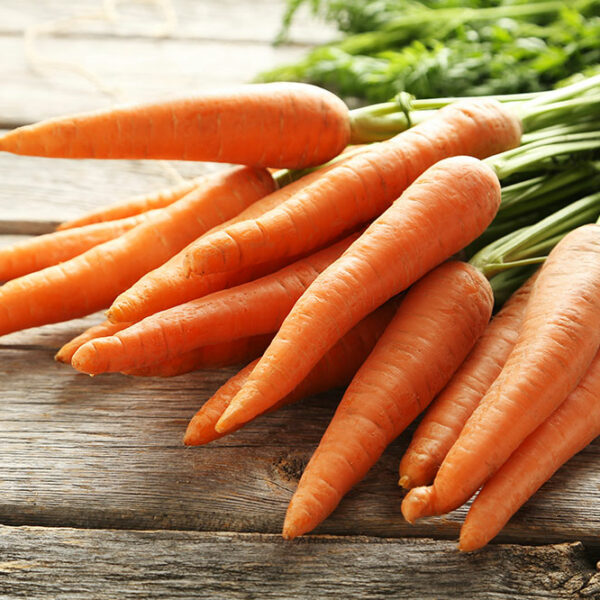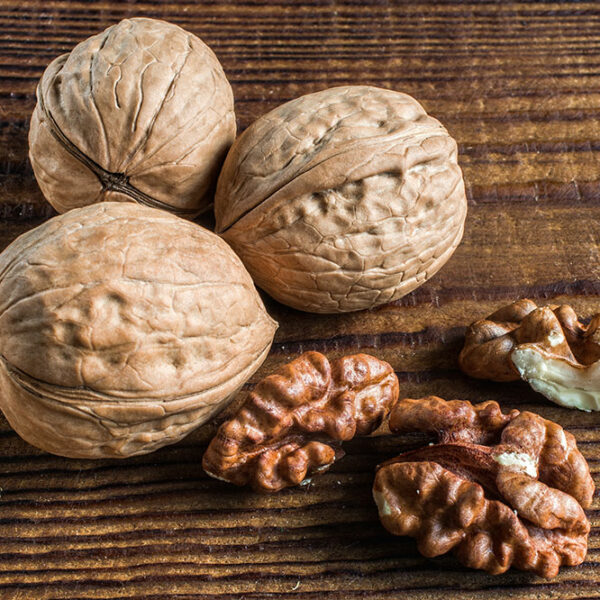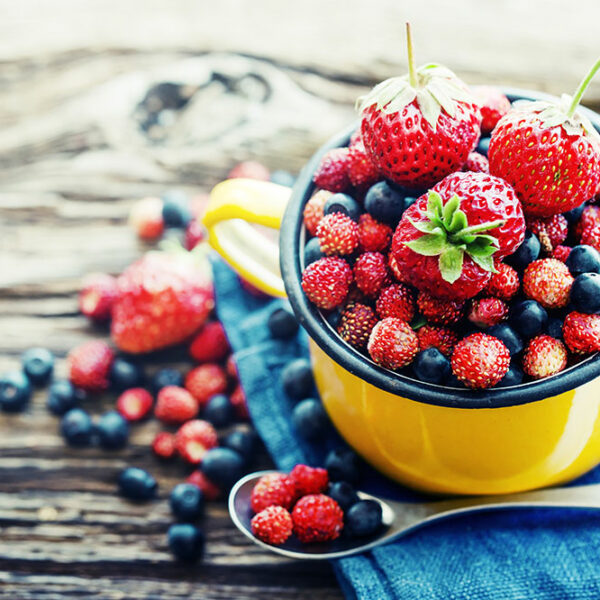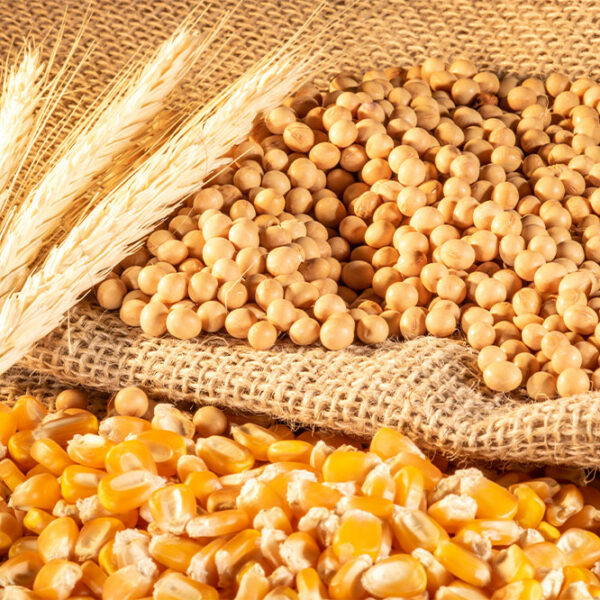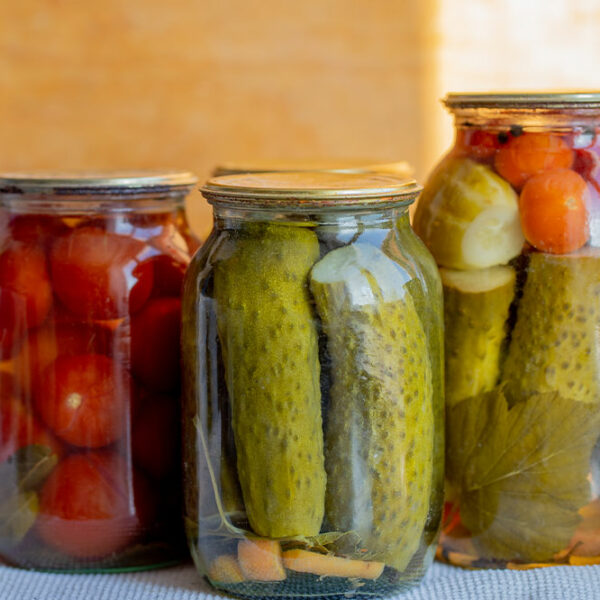
Reduce the symptoms of asthma by avoiding these foods
The type of food we eat plays an important role when it comes to certain health conditions in the human body. And this even goes for conditions like asthma, a chronic lung disease that causes severe inflammation of the airways, thus making it hard to breathe. Of course, some treatments include medications, among others, to regulate the symptoms of the condition. However, leaving out these foods from daily meals can also help complement one’s recovery. Dairy products Most of us include dairy products in quite a few of our meals. However, studies have shown that consuming dairy products may also trigger the symptoms of asthma. This is because consuming dairy products leads to increased production of mucus in the lungs, leading to asthma symptoms. Dried fruits While dried fruits are considered healthy and a good food source for other conditions, it’s something one ought to avoid when it comes to asthma. Dried fruits contain preservatives like potassium bisulfite. The sulfites are known to trigger inflammation in the airways and lead to an asthma flare-up. Desserts and red meats Foods like red meats, sausages, and desserts are known to increase the risk of inflammation. These foods contain unhealthy fats and can lead to weight gain.

